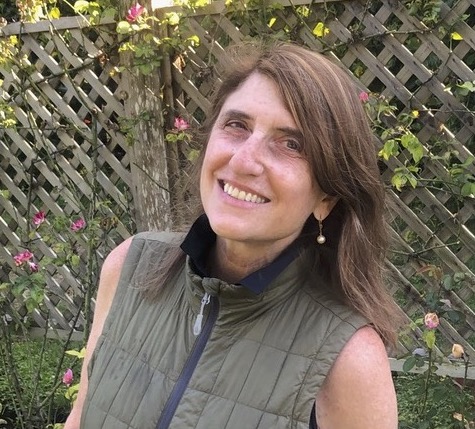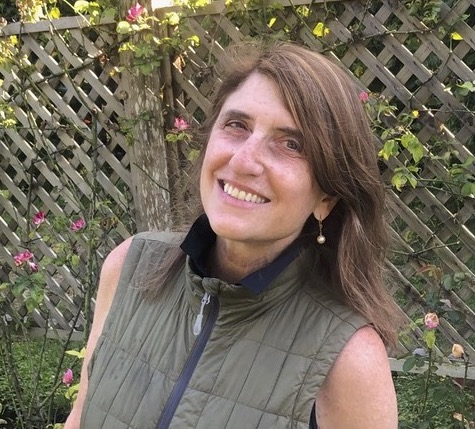For our first “Five Questions” of 2023, we’re privileged to have Sharon Lebell, the best-selling author of The Art of Living, the incandescent translation of Epictetus’ Enchiridion. Sharon is a founder of The Walled Garden, a hub for Stoic events and mentoring. Her personal website is at https://www.sharonlebell.com/. Sharon’s beautiful performances on the hammer dulcimer are here.

1. What first drew you to Stoicism?
I’ve always been a student of philosophy. But I started reading Stoic texts and Epictetus in particular in the mid-1990s. The philosophical and spiritual zeitgeist was very different back then. We were still feeling the ripples of the indulgent 1980s. Western-styled Buddhism was ascendent. The self and feelings and their significance were popular. Western philosophy, if it was considered at all in popular culture, was viewed as hyper-rational, stuffy, and therefore irrelevant. I was just as attracted to “non-rational” or beyond-rational thought systems, but the moral foundation of Stoicism appealed to me. It seemed like an important check on the potentially dangerous excesses of “following your feelings.”
2. Your book The Art of Living isn’t just a straightforward translation of Epictetus. How would you describe it, and what led you to that approach?
It’s a modern interpretation of Epictetus’ Enchiridion. I sought to present the great Stoic sage’s ideas, not in a word-for-word translation, but in contemporary, relatable language that would be inviting especially to a first-time reader of philosophy or Stoicism. Many readers do not have the interest or patience to read original philosophical works. I don’t blame them. Those great books place a tremendous intellectual demand on a reader, often presuming a familiarity with philosophical works that preceded the one they are trying to read. This can be discouraging for someone just getting their feet wet with philosophical thought. By expressing Stoic philosophy using contemporary discourse and idioms, I wanted to liberate ideas that a regular person could immediately apply to make life better.
3. You’re an accomplished composer and performer on the hammer dulcimer. How does Stoicism inform your music?
Stoicism strongly emphasizes the importance of duty. Duty is a fraught idea in our modern world that seeks to maximize personal choice. But I think duty is a very important organizing principle for one’s life. I think of it as promise-keeping. Keeping all those promises big and small to others, but also to yourself. I become a progressively better musician by keeping my promises to myself to practice, even when I’m not in the mood, to play music in a spirit of service to others, or even as a kind of prayer of gratitude for creation itself.
4. What led you to found your Stoic project, the Walled Garden?
My colleague Simon Drew approached me and said something like, “Sharon, let’s start an online community that brings like-minded people together to discuss philosophy, religion, art, poetry, and all the other good things that keep us human.” How could I say “no” to that?
5. When was the last time you screamed your lungs out for any reason?
I screamed my lungs out this past mid-October when my mother Lyla Lebell Grossman, an abstract painter, died. Her life was a model of making, designing, interpreting, and dreaming. She taught me by her personal example that we don’t need to wait for someone to give us permission to make something or write something or sing something. You just do it.
Bonus question: What should we have asked you, and what’s the answer?
You’ve asked me perfectly fine and sufficient questions. I am done. Thank you.

